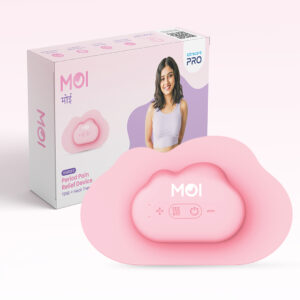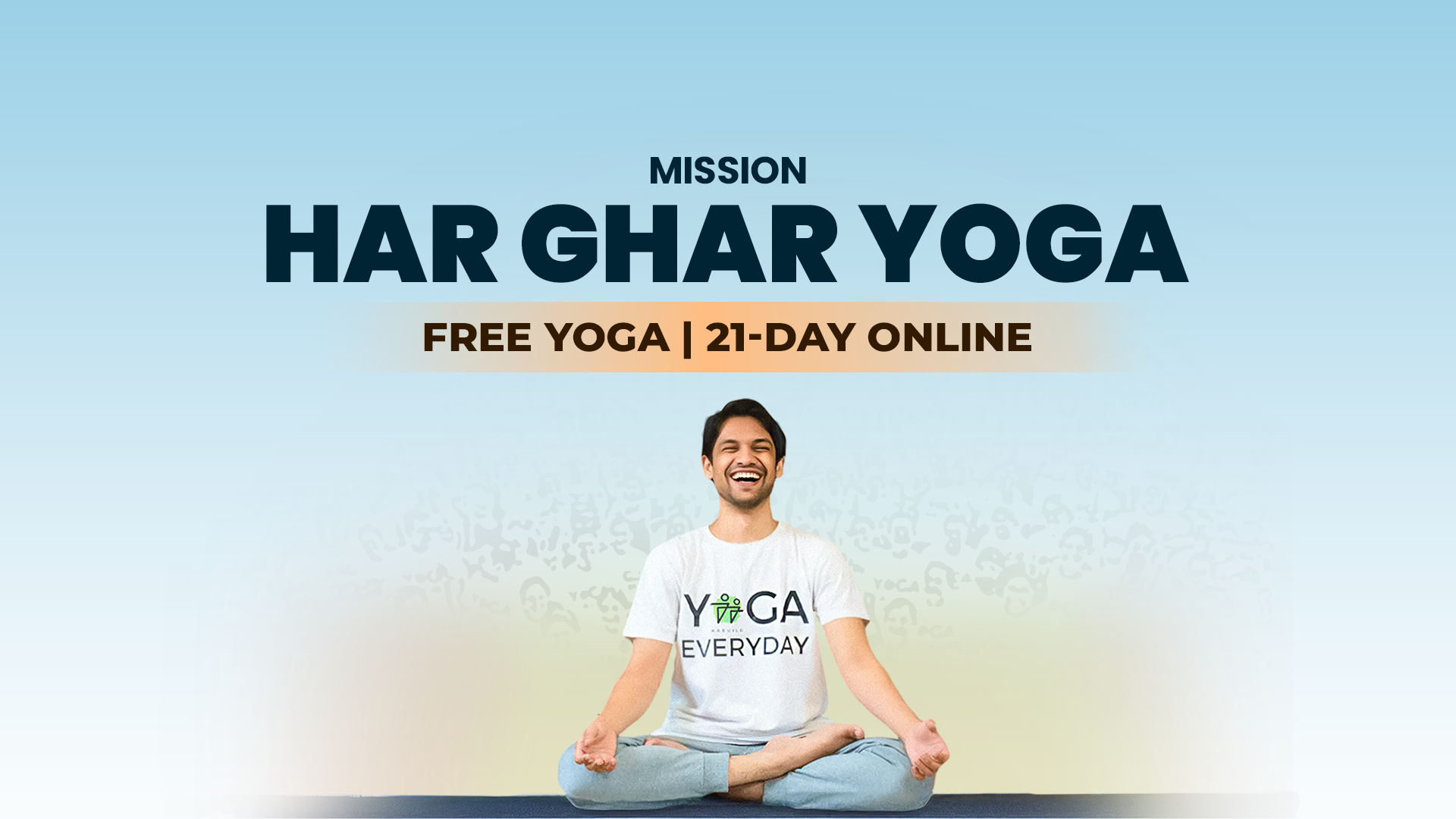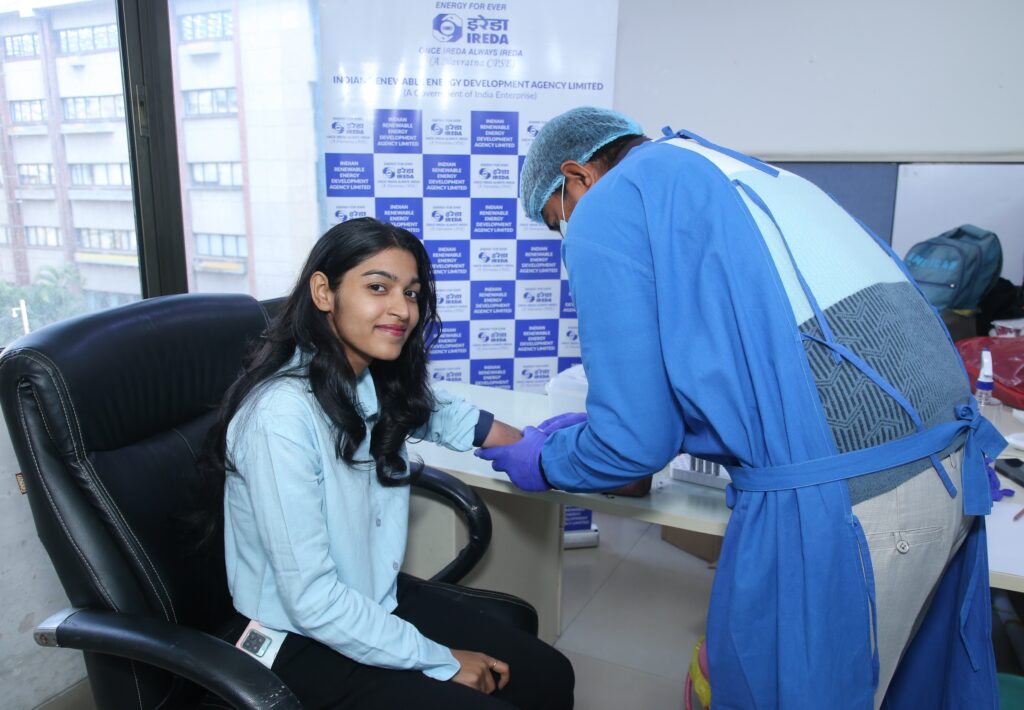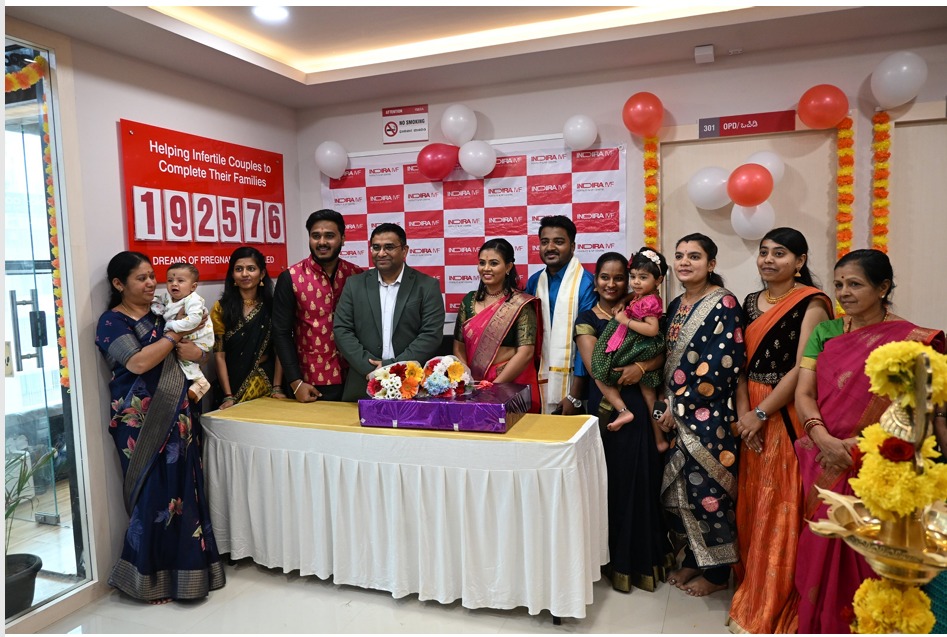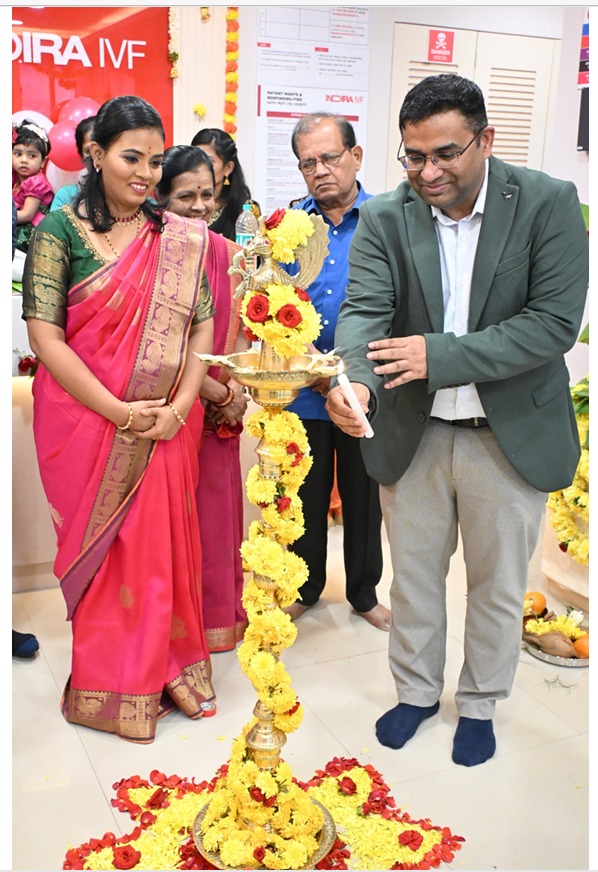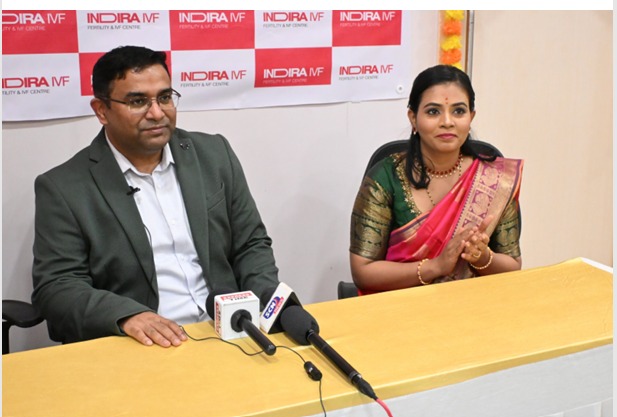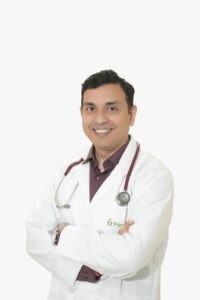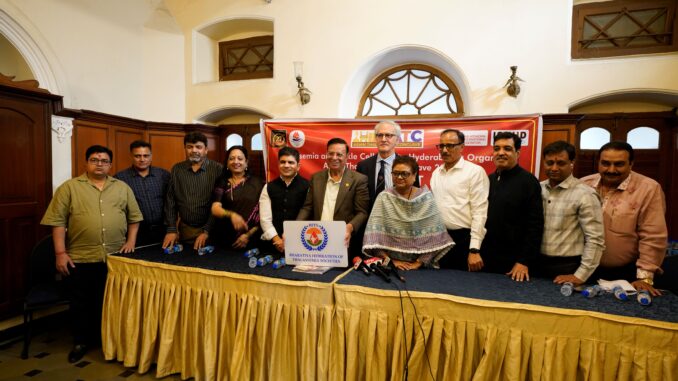
Hyderabad, Jan 10: Hyderabad is set to host the Asian Thalassemia Conclave (ATC) on January 10 and 11, 2026, bringing together doctors, public health experts, policymakers, researchers, non-governmental organisations and patient groups from across India and Asia to discuss a coordinated response to thalassemia, one of the country’s most serious yet preventable genetic blood disorders.
Dr. Chandrakant Agrawal, President, Thalassemia and Sickle Cell Society (TSCS), met the Hon’ble Minister for Health, Medical and Family Welfare, Government of Telangana, Shri Damodar Raja Narasimha, to apprise him of the objectives and significance of the Asian Thalassemia Conclave 2026. The Hon’ble Minister welcomed the initiative, expressed his appreciation for its focus on prevention, and conveyed his intent to attend and formally inaugurate the conclave, reaffirming the government’s commitment to prevention-led strategies to address thalassemia.
The two-day conclave is being organised by the Thalassemia and Sickle Cell Society (TSCS), Hyderabad, an organisation that has been engaged in thalassemia care, prevention and advocacy for over 27 years and Kamala Hospital Research Center. TSCS is the world’s largest non-governmental organisations working exclusively for thalassemia patients and currently provides comprehensive treatment and long-term support free of cost to more than 4,588 patients, many of whom depend on the organisation for regular blood transfusions and specialised medical care.
Over the years, TSCS has built a strong ecosystem that includes patient care services, safe blood transfusion facilities, counselling, diagnostics, research and sustained awareness programmes. It has worked closely with government departments, healthcare institutions and community organisations to strengthen both treatment and prevention efforts. One of its most notable public health interventions has been in Mahabubnagar district of Telangana, which became the first district in the country to achieve 100 per cent prenatal screening of pregnant women for thalassemia. The initiative has been widely cited as a successful model demonstrating how systematic screening and genetic counselling can significantly reduce preventable thalassemia births.
The Asian Thalassemia Conclave has been conceived against this background, with organisers seeking to take proven local and national models to a broader platform. The conclave has articulated a clear long-term goal: to work towards making India a thalassemia-free country by 2035.
Organisers said, “the Asian Thalassemia Conclave is intended to catalyse sustained national action, building momentum towards prevention-led strategies and a measurable reduction in preventable thalassemia births across India.”
India continues to carry one of the highest thalassemia burdens in the world. Nearly 15,000 children are born every year with thalassemia major, a severe and transfusion-dependent form of the disorder. Health experts point out that most of these births are preventable through early screening, timely counselling and informed reproductive choices. However, uneven implementation of screening programmes, gaps in awareness and limited access to genetic counselling continue to pose challenges.
Thalassemia places a heavy emotional, social and financial burden on families. Children with severe forms of the disorder require lifelong blood transfusions, iron chelation therapy and continuous medical supervision. Families often face difficulties related to the availability of safe blood, access to specialised centres and the long-term cost of treatment. Organisers of the conclave note that decades of patient engagement have highlighted the limitations of a treatment-only approach and the urgent need to prioritise prevention as a public health strategy.
Discussions at the conclave will centre on prevention-first approaches aimed at reducing new thalassemia births. Key areas will include premarital and antenatal screening, strengthening and standardising genetic counselling services, and integrating thalassemia screening into existing maternal and child health programmes. The conclave will also examine ways to strengthen voluntary blood donation systems to ensure a safe and reliable blood supply for patients who continue to depend on regular transfusions.
Another major focus will be improving access to treatment and long-term care. Participants will discuss disparities in healthcare availability, particularly in rural and underserved regions where diagnostic facilities and specialist services remain limited. Practical measures to strengthen referral systems, expand decentralised care and ensure continuity and affordability of treatment will be explored.
A central aim of the conclave is to bridge the gap between medical expertise and public policy. By bringing clinicians, researchers and policymakers onto a common platform, the conclave seeks to translate clinical experience and evidence into actionable policies and uniform national guidelines. Successful prevention models from other countries will also be discussed, with a view to adapting them to India’s healthcare and social context.
Patient advocates and families living with thalassemia will be an integral part of the discussions, sharing lived experiences and highlighting issues such as social stigma, emotional stress and the challenges of long-term care. Organisers believe that patient perspectives are essential for shaping policies that are both effective and compassionate.
This e-mail is for the use of the intended recipient(s) only. If you have received in error, please notify the sender immediately and delete it. If you are not the intended recipient, you must not use, disclose or distribute this e-mail without the author prior permission. Visage11 Advisors checks outgoing mail and accepts no liability for any loss or damage caused by software viruses. – Visage11 Advisors Pvt. Ltd.

